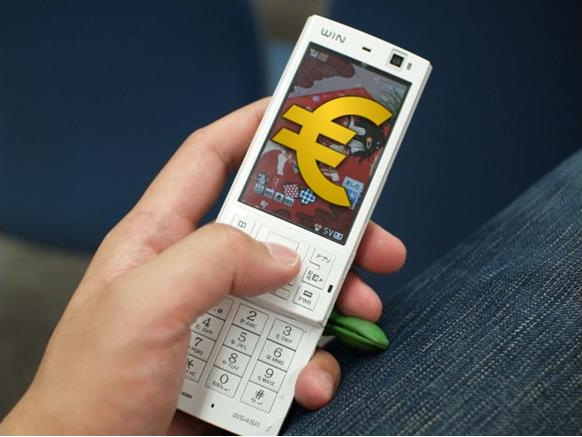 Korean vehicle manufacturer, Hyundai, will soon replace car keys with smartphones.
Korean vehicle manufacturer, Hyundai, will soon replace car keys with smartphones.
Hyundai has just made a new high tech announcement in which it revealed its latest NFC technology smartphone system that will use a driver’s mobile phone to replace traditional car keys.
The auto manufacturer predicts that this option will become available on some 2015 models.
This means that within two years’ time, drivers may be able to use NFC technology enabled smartphones to lock and unlock their cars, as well as to turn them on. This cutting edge technology uses the latest in smartphone features in a brand new way for added convenience and comfort.
Unlocking the vehicle will be as simple as waving the NFC technology enabled smartphone over the window.
The window of the vehicles will be equipped with an electronic tag that reads NFC technology communications. This way, a simple wave of the device is all that is needed to lock or unlock the doors. Hyundai is calling this its Connectivity Concept.
A statement from the chief operating officer at Hyundai Motor Europe, Allan Rushforth, said that the Connectivity Concept highlights the auto manufacturer’s philosophy for using the latest technologies that are accessible to a broad spectrum of customers. Rushforth explained that “With this technology, Hyundai is able to harness the all-in-one functionality of existing smartphone technology and integrating it into everyday driving in a seamless fashion.”
The NFC technology features were demonstrated by the company in Germany, where it gave a preview using the concept version of its small popular car, the i30. Models using these features should become available as early as 2015. Also in those vehicles will be an expanded use of the smartphone chips, which will allow the devices to rest into a central console featuring a 7 inch display.
That way the NFC technology will be able to provide the information system of the vehicle with a number of in-car preferences, such as synched music, radio station choices, navigation route data from the contact list, and seat and mirror settings, all while charging the device. Each driver profile will be saved separately.

 Payleven has now stepped out of Germany for Android support in the Italy, Poland, and the U.K.
Payleven has now stepped out of Germany for Android support in the Italy, Poland, and the U.K.